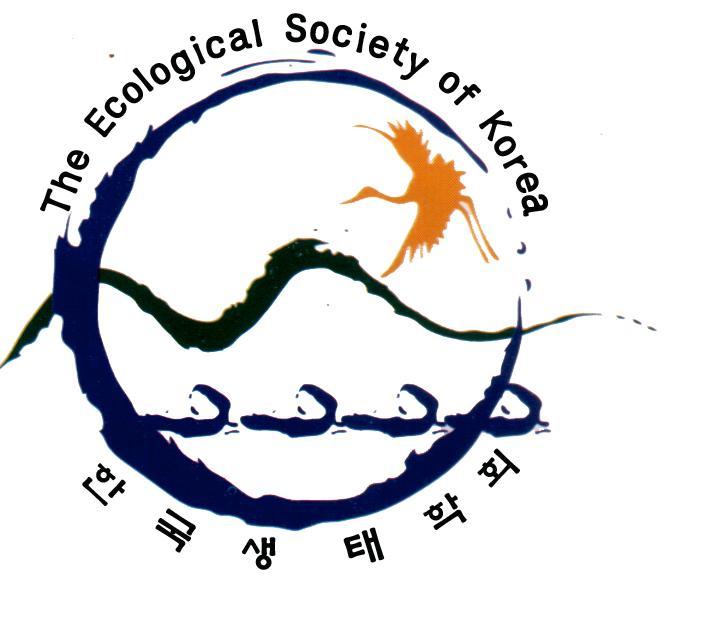- KOREAN
- P-ISSN2287-8327
- E-ISSN2288-1220
- SCOPUS, KCI
 ISSN : 2287-8327
ISSN : 2287-8327
Article Contents
- 2024 (Vol.48)
- 2023 (Vol.47)
- 2022 (Vol.46)
- 2021 (Vol.45)
- 2020 (Vol.44)
- 2019 (Vol.43)
- 2018 (Vol.42)
- 2017 (Vol.41)
- 2016 (Vol.39)
- 2015 (Vol.38)
- 2014 (Vol.37)
- 2013 (Vol.36)
- 2012 (Vol.35)
- 2011 (Vol.34)
- 2010 (Vol.33)
- 2009 (Vol.32)
- 2008 (Vol.31)
- 2007 (Vol.30)
- 2006 (Vol.29)
- 2005 (Vol.28)
- 2004 (Vol.27)
- 2003 (Vol.26)
- 2002 (Vol.25)
- 2001 (Vol.24)
Monitoring, collecting, and validating data of inland wetland survey based on citizen science methodology
Kwangjin Cho
Yunsoo Chu
Pyoungbeom Kim
Sangwook Han
Abstract
Background: In this study, citizen scientists gathered survey data by monitoring inland wetlands, recognized as carbon sinks, and verified the accuracy of the data for incorporation into ecosystem management policies. Results: In October 2022, citizen scientists conducted surveys on three taxonomical groups (plants, mammals, terrestrial insects) in three wetland protection areas. After capturing photographs with location information, these images were uploaded to a national ecological information bank (EcoBank) managed in Korea. The information collected by citizen scientists underwent cross-validation through two expert methods, involving ecology field experts. First, experts conducted a survey of invasive alien plants in the designated areas and compared their findings with those of citizen scientists. The choice of survey locations by citizen scientists was influenced by their proximity to their residences. Second, an expert scrutinized the accuracy of species names collected and uploaded to EcoBank by citizen scientists, presenting their findings. The classification accuracy for species names was 98.8% for vegetation (n = 83), 21.6% for terrestrial insects (n = 21), and 66.7% for mammals (n = 8). These results indicate that citizen scientists may lack detailed classification ability at the species level. Conclusions: Moving forward, it will be imperative to offer diverse forms of education to strengthen the capabilities of the citizen scientists, including sharing wetland survey results to enhance expertise in species identification, creating and distributing educational materials, and providing on-site education through professional surveyors.
- keywords
- citizen science, conservation, ecosystem monitoring, wetland protection areas, wetland survey
- Downloaded
- Viewed
- 0KCI Citations
- 0WOS Citations
